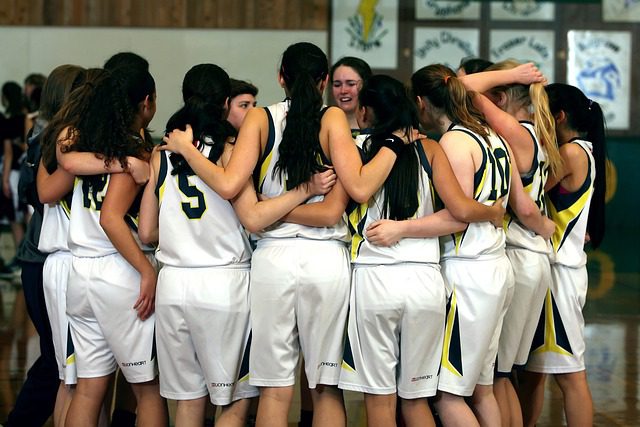Have you been keeping up with women’s basketball lately? There has been a lot of excitement in both the college and the professional game. You’ve got the ‘Caitlin Clark effect.’ You’ve got Sabrina Ionescu absolutely dominating a three-point competition. And you’ve got Aliyah Boston, an astonishing player from an incredible college program, bringing her next-level skills to the WNBA.
The excitement around women’s basketball feels long overdue. But whether you are a hoops fan or not, the players on courts around the country (regardless of their gender) have some lessons to teach that are relevant to recovery.
Getting the Fundamentals Right is Important
Any elite athlete would tell you that talent is not enough if you want to be truly competitive. You have to master the fundamentals of your sport. In basketball, that means learning to handle the ball well, to make effective passes, to hit shots from various spots on the floor, to make free throws, to guard another player effectively, and more. Great fundamentals provide the foundation for exceptional play.
That’s true of recovery, too. It is important to get the fundamentals right if you are going to successfully maintain your sobriety over time. That means finding the right recovery program for you and participating regularly. It means taking care of your mental and physical health via therapy, a good diet, regular exercise, and a healthy approach to sleep. And it might mean practicing mindfulness or spirituality (not necessarily religion) in your life.
Sometimes You Have to Switch Up the Defense
There are times during a basketball game when it appears that one team is just unstoppable. They seem to make shot after shot, and it might seem like it is impossible to effectively guard them. In that situation, it can be helpful to switch up the approach to defense. Maybe the team has been using a player-to-player defense but would have more success with a zone. Or maybe the defenders are tired, so swapping in a fresh player can get the defense back on track.
Recovery can be like that, too. There are times during the recovery journey when it seems like temptations and cravings are just popping up everywhere. At times like that, it can feel like none of your usual techniques for avoiding problems are working for you. That might mean it is time to shake up your strategy. Maybe you add an additional recovery meeting to your schedule for a while. Maybe you reach out to a friend to spend some time together. Maybe you take up jotting down reasons you are grateful for your sobriety.
This change in your defense might be temporary—or you might discover that it is a great addition to your everyday recovery playbook.
It is Okay to Rely on Your Teammates—and Your Coach
Basketball (in most cases, at least) is not an individual sport. Players need their teammates and their coaches to succeed. A truly great player knows they cannot do everything alone, so they are quick to get the ball to their teammates or to accept a suggestion from the sidelines.
Thinking in terms of teams can be a good play in recovery as well. The participants in your 12-Step or other recovery program meetings are a kind of team, for example. You all have shared experiences and can lift each other up when someone is struggling. Your sponsor, therapist, or even a close, supportive friend can serve as a kind of coach—pointing out things you may not realize are causing you to struggle or simply encouraging you to keep going even when the going gets tough.
Take Your Cue from the Postgame Interviews
Have you ever noticed that most postgame interviews sound remarkably similar?
“I want to thank my teammates and these great fans. We’re just playing one game at a time, and we’ll celebrate tonight, but then we’ll be fully focused on the next game.”
There’s a lesson for recovery in those platitudes. Gratitude for those who support you supports your sobriety. Focusing on each day individually is a great approach to staying sober. And noting each sober day is worthwhile—even as you turn your attention to stay sober again on the next day.
Huddle Up at Wooded Glen Recovery Center
Wooded Glen Recovery Center in Indiana has an all-star team ready to help you regain and maintain your sobriety. We provide detoxification to get you back in the sobriety game. We follow that up with rehabilitation that includes learning the skills and strategies you will need to stay in the game. And we provide a continuum of care—which means you will have ongoing support as your recovery gets underway. When it is time to take your shot and reclaim your sobriety, we are ready to make sure that shot goes through the hoop.

